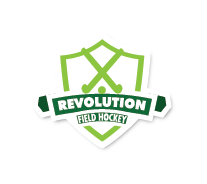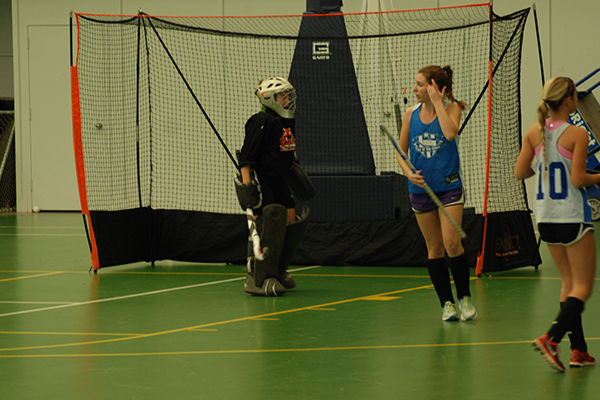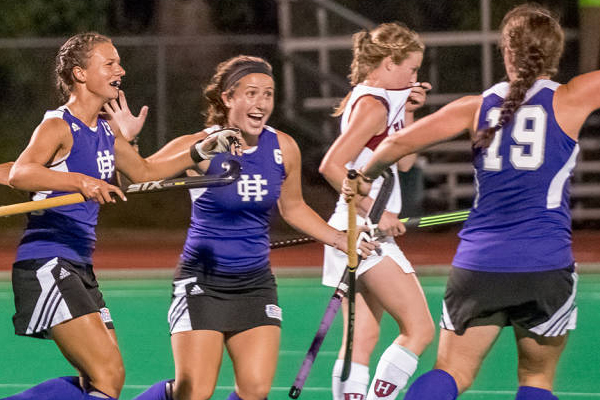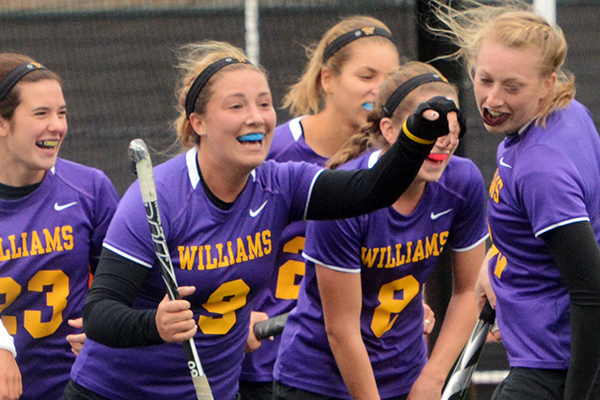Field Hockey Skills
One of the many cool things about field hockey is there are many similarities with other sports. That means there’s an opportunity to take a skill typically used elsewhere and apply it within a field hockey game successfully.
Our Connecticut Field Hockey Camps (along with Revolution Camp locations elsewhere in the country) focus on a number of things to help youth field hockey players take their respective games to the next level. This includes speed and agility training, nutrition seminars, combine testing, personal evaluations, and a take-home drill booklet to keep players motivated.
Something else that’s incredibly important that we do at select locations is film sessions. It’s one thing to get on the field and work on improving your skills, but it’s also helpful to see what you or other players are doing first and learning how to anticipate what’s next. Baseball players – especially position players – do it when trying to figure out how a pitcher plans to attack them in the batter’s box. Football players have a lot of time dedicated to film throughout any given season to learn the tendencies and potential weaknesses of their opponents, and the same can be said for soccer, as well.
It’s helpful to use film sessions to your advantage because it makes this idea of pre-scanning that much easier to follow through with once you get on the field. Good field hockey players are always one or two steps ahead of their opponents and themselves during any given game situation. When you receive a pass from a teammate, that’s not the time to figure out what your next move should be – you need to be running through different scenarios in your mind so all you have to do is pick one once the ball is in your possession.
Pre-scanning the field and situation at hand allows you to act faster and simply use your reactions more instead of potentially freezing up because you’re trying to keep control of the ball away from your opponent while also trying to figure out what you should be doing with it next.
Developing this particular skill will also force you to be more aware of your surroundings instead of just following the ball throughout a given situation. If you’re simply following the ball, it’ll be hard to anticipate what’s in front of you and how you’ll be able to continue putting pressure on the opposition.
Pre-scanning the field – whether it’s before a game or during it – isn’t something that’s a one-and-done type of activity, too. We all know that things can change at the drop of a hat in field hockey, so it’s important to constantly be checking on the situation to see what’s stayed the same and what’s changed before getting the ball and having to make a move with it.
Most importantly, work on honing this skill constantly until it’s committed to muscle memory. You want this to be something you automatically do, no matter what the on-field situation. In fact, doing some sort of pre-scanning and analyzing is a skill that’ll be very useful throughout your life – not just in field hockey.



